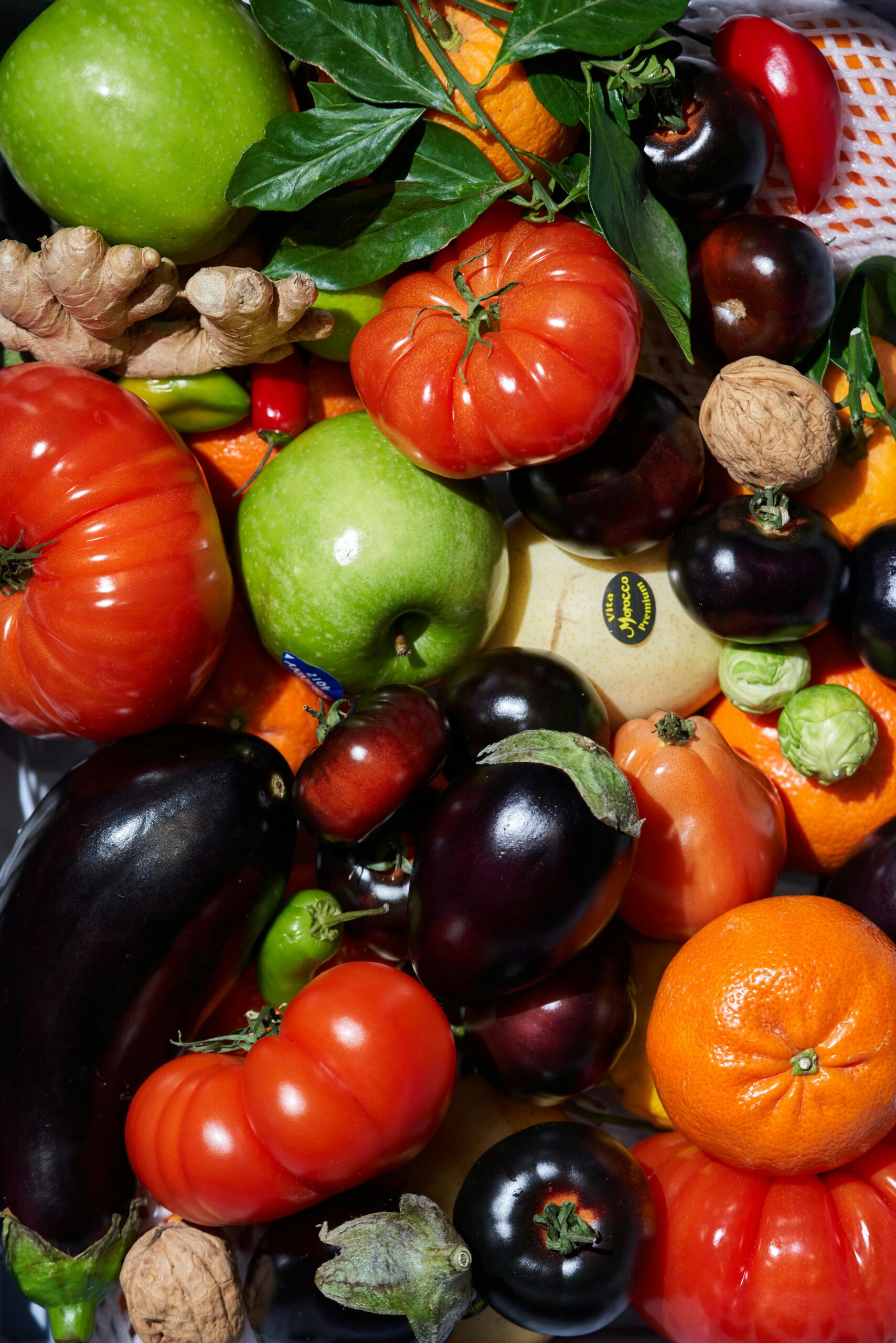Hamster Diet Secrets
Understanding Your Hamster’s Nutritional Needs
Providing the right nutrition to your hamster is essential for its health and well-being. Hamsters are omnivores, which means their diet should include a balanced mix of fruits, vegetables, grains, and proteins. Understanding your hamster’s specific dietary needs is crucial to keep them healthy. Generally, a good hamster diet includes specially formulated commercial hamster pellets, which provide the necessary nutrients. Additionally, fresh fruits like apples, and vegetables such as carrots should be introduced sparingly to avoid digestive issues. By providing a varied diet, you not only promote better health but also enhance your hamster’s overall happiness.

Commercial Hamster Food: What’s in the Mix?
When looking for commercial hamster food, it’s important to choose a high-quality blend that includes all the essential vitamins and minerals. Look for pellets that are at least 16% protein and 5% fat. Ensure that the ingredients list contains wholesome grains and seeds as a base, along with dried fruits and vegetables. Avoid brands that contain fillers, such as molasses and artificial preservatives, as these could harm your pet. Regularly checking the expiry date is also essential to maintain the freshness and nutritional value of the hamster food you purchase.
Fresh Treats: What to Include and What to Avoid
In addition to commercial food, fresh treats can be a delightful addition to your hamster’s diet. Fruits like blueberries, bananas, and apples can be offered in small amounts. Vegetables, such as cucumber, broccoli, and carrot, are also excellent choices that provide hydration and fiber. However, you should avoid starchy and sugary foods like bread, potatoes, and other high-carb treats, as they can contribute to obesity and diabetes in hamsters. Always introduce new foods gradually to monitor your hamster’s reaction.
Homemade Hamster Diet: Preparing Nutritious Meals
Creating a homemade diet for your hamster can be fulfilling and allows you to control the quality of the food. Start with a base of commercial hamster pellets to ensure they get adequate nutrition. You can then supplement their diet with fresh fruits and vegetables chopped into small pieces. Additionally, consider adding small amounts of boiled chicken or boiled eggs for protein. Remember to avoid sugary snacks, and instead focus on wholesome, natural foods that are rich in nutrients. Whatever ingredients you choose, make sure to introduce them slowly and in moderation.
Feeding Schedule: When and How Much to Feed
Establishing a feeding schedule helps regulate your hamster’s eating habits and keeps their digestion on track. Typically, hamsters should be fed once daily in the evening or at night when they are most active. Offer a tablespoon of commercial hamster food, along with a small portion of fresh fruits or vegetables. Be mindful not to overfeed—hamsters are prone to obesity. Monitor how quickly your pet eats the food, and adjust portions accordingly to ensure they maintain a healthy weight.
Importance of Fresh Water
Adequate hydration is vital for your hamster’s overall health. Always have fresh, clean water available in a water bottle or shallow dish. Change the water daily to prevent contamination and encourage your hamster to drink regularly. Sometimes, hamsters may also enjoy moisture from fresh fruits and veggies; however, this should not replace their need for fresh water. Keeping your hamster well-hydrated contributes significantly to its diet and overall well-being.

Common Dietary Mistakes to Avoid
Many hamster owners unknowingly make dietary mistakes that can affect their pets’ health. One common error is relying solely on seed mixes, which can be high in fats and low in essential nutrients. Additionally, offering too many treats can lead to obesity. It’s crucial to limit these and prioritize a balanced diet. Another mistake is neglecting the importance of variety. Providing a diverse diet ensures your hamster receives a wide range of nutrients. Always be mindful of portion sizes and avoid giving them harmful foods, such as chocolate, which can be toxic to their little bodies.
Signs of Nutritional Deficiencies
Being aware of your hamster’s health is essential, and understanding the signs of nutritional deficiencies can help catch any issues early. A dull coat, lethargy, and weight loss are some indicators that your hamster may not be receiving adequate nutrition. Poor dental health may also arise from improper diet. If you notice any of these symptoms, it’s important to reevaluate their diet and consider consulting a veterinarian. You can often remedy these issues by improving their diet and ensuring they have a balanced intake of essential nutrients.
Transitioning Diets: How to Do It Safely
When transitioning your hamster to a new diet, it’s vital to do so gradually. Abrupt changes can result in gastrointestinal disturbances and discomfort. Start by mixing 25% of the new food with the current diet, gradually increasing the proportion of new food over a week or two. This cautious transition will help your hamster adjust without triggering digestive issues. Always monitor their behavior and stool consistency during this period for any signs of distress.
Conclusion
Feeding your hamster a proper and balanced diet is one of the most significant steps towards ensuring their health and happiness. From understanding their nutritional needs to knowing what fresh treats to give, being an informed owner will greatly enhance your pet’s quality of life. By avoiding common dietary mistakes and keeping an eye on any signs of deficiencies, you can maintain a vibrant and healthy hamster. Make sure you’re attentive to hydration as well, and remember to transition diets safely when needed.
Key Takeaways
- Understand your hamster’s nutritional needs, focusing on balanced commercial food.
- Incorporate healthy fresh fruits and vegetables while avoiding harmful foods.
- Establish a consistent feeding schedule to regulate diet and weight.
- Monitor for signs of nutritional deficiencies to ensure health stays on track.
- Transition diets slowly to avoid digestive issues.
FAQ
1. What fruits are safe for my hamster to eat?
Safe fruits for hamsters include apples, strawberries, blueberries, and bananas. Always introduce these fruits in small amounts to prevent digestive upset. Be sure to remove any seeds and avoid citrus fruits, as they can upset their stomach.
2. Can I give my hamster treats from the pet store?
Yes, but ensure you select treats that are specifically designed for hamsters as they are formulated to meet their dietary needs. Avoid sugary or fatty treats to prevent health problems. Always check ingredient labels for quality.
3. How much food should I feed my hamster daily?
A good rule of thumb is to provide about one tablespoon of commercial hamster food daily, along with a small amount of fresh fruits or vegetables. Monitor their eating habits to adjust portions as needed.
4. How do I know if my hamster is overweight?
Signs of obesity in hamsters include difficulty in grooming, excessive lethargy, and an inability to fit through narrow spaces. Regular weighing can help track their weight and adjust their diet if necessary.
5. Is it necessary to provide supplements to my hamster’s diet?
Generally, a balanced diet consisting of high-quality hamster pellets and fresh foods should provide adequate nutrition. However, if you notice deficiencies, such as dull fur or lethargy, consult with a veterinarian about possible supplements.
6. Is it safe to feed my hamster human food?
Some human foods are safe for hamsters, such as cooked vegetables, grains, and certain fruits. However, avoid all processed foods, sugars, and anything toxic, like chocolate or caffeine. Always research specific items before giving them to your pet.
